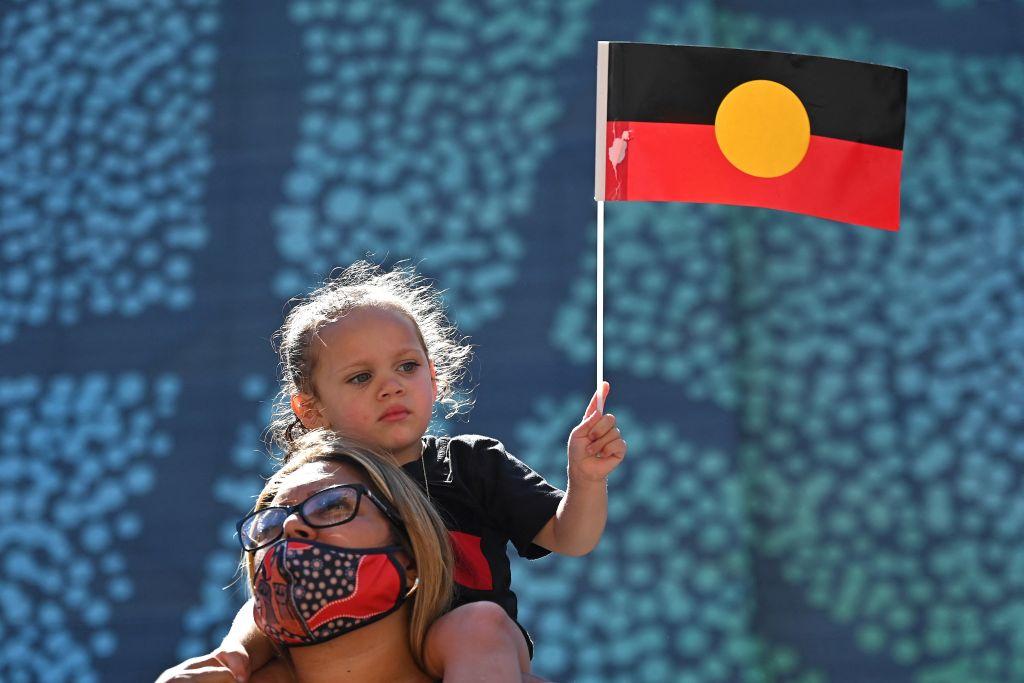An Australian judge has warned of a “new ‘anti-racism’ religion” and said the overuse of the term “racist” is unhelpful and dishonest.
Speaking at the 2022 Women Lawyers’ Drinks on Aug. 26, Northern Territory Supreme Court Justice Judith Kelly argued while past Australian governments had racist policies, “the fact that some contemporary problems have been caused or contributed to by racism in the past does not mean that they are the result of racism today.”




